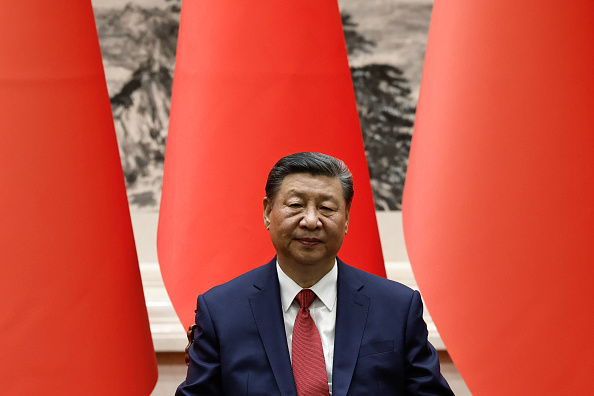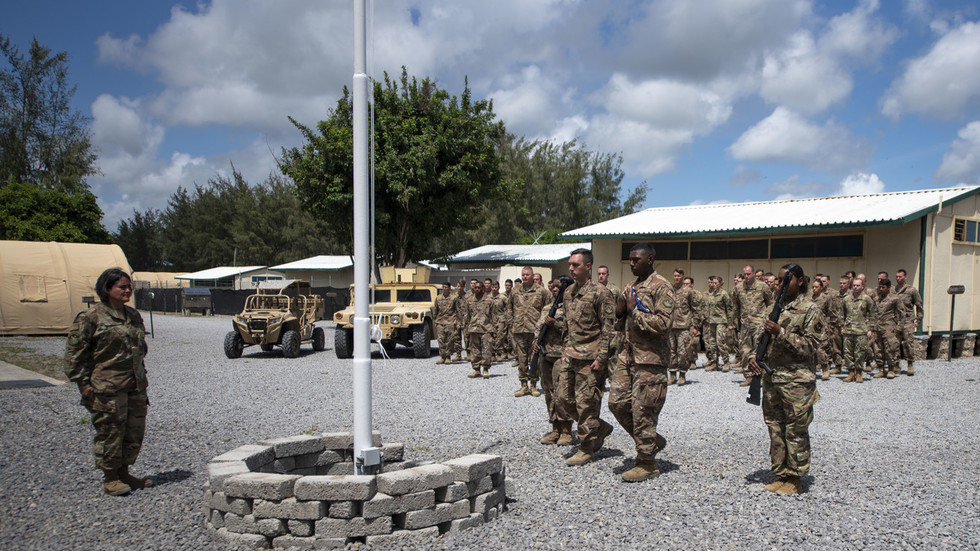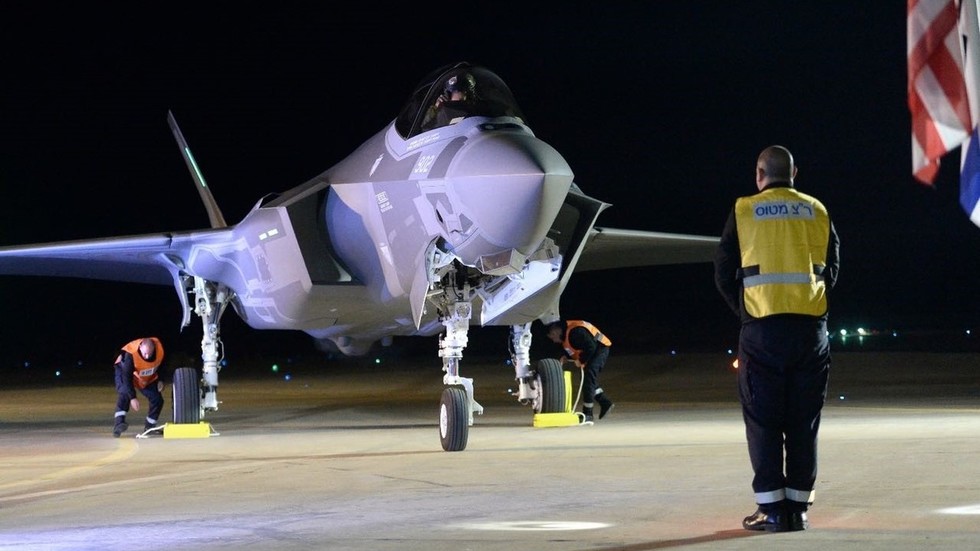Rear Admiral Mike Studeman sees a multi-pronged 'silent invasion' from China - and offers thoughts on what the US should do about it.

Posted: December 19th, 2024

EXPERT VIEW — 2024 has brought multiple reminders of the threats – real and potential – posed by the People’s Republic of China (PRC). Over the past year, Beijing has had some of its most violent clashes with the Philippines in the disputed waters of the South China Sea; Chinese military activity around Taiwan has increased; China stands accused of providing military equipment to Russia for its war against Ukraine; and the Pentagon’s annual China Military Power Report – issued Wednesday — found that China’s People’s Liberation Army (PLA) has expanded its nuclear arsenal.
The threat from China is also cropping up more frequently in the U.S. homeland – most prominently in the cyber campaigns conducted by the China-backed groups “Volt Typhoon” and “Salt Typhoon.” The former burrowed into U.S. critical infrastructure to preposition cyber intruders for potentially disruptive and destructive cyber attacks in the future, while the latter breached telecommunications networks, targeting the devices of top officials, including the phone of President-elect Donald Trump.

 4 hours ago
3
4 hours ago
3







